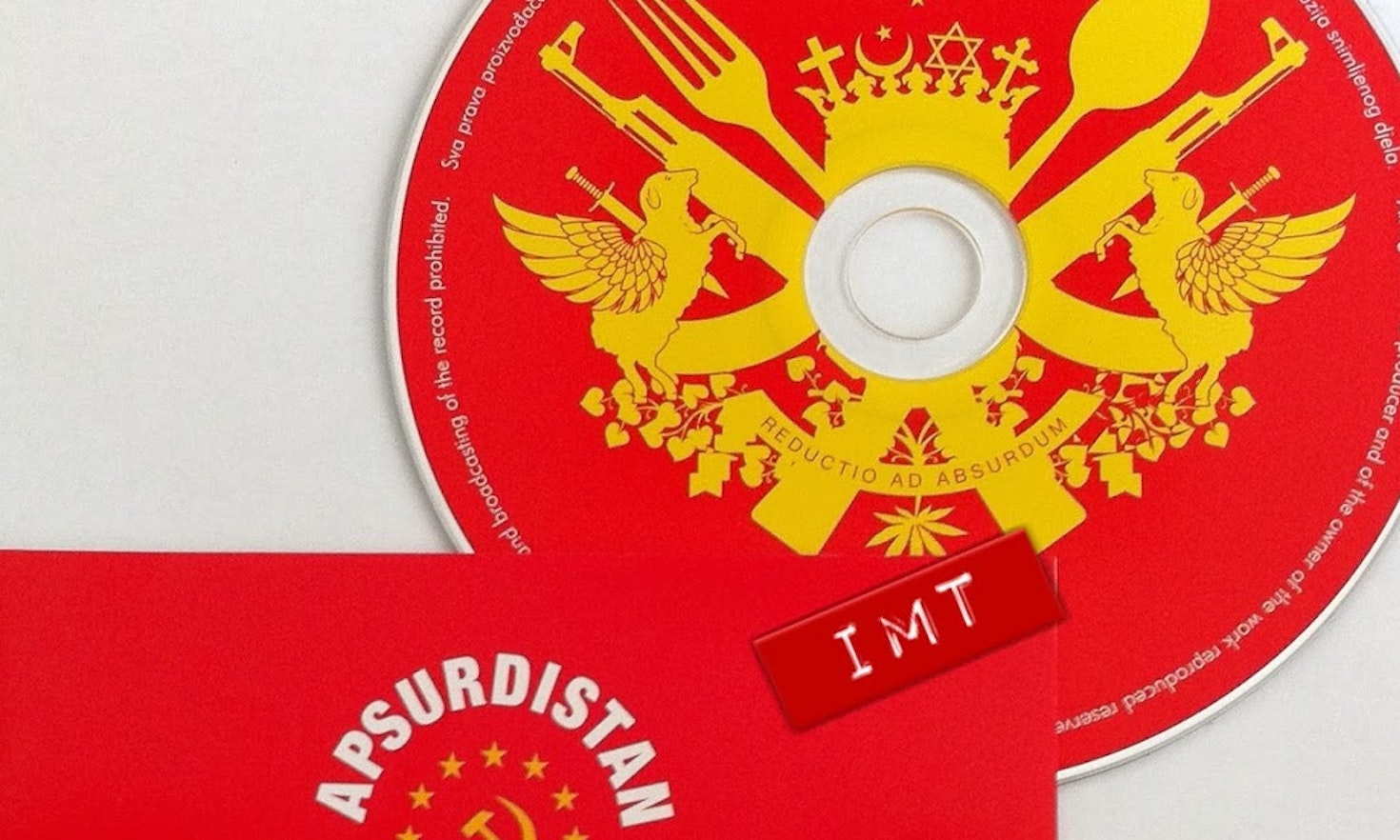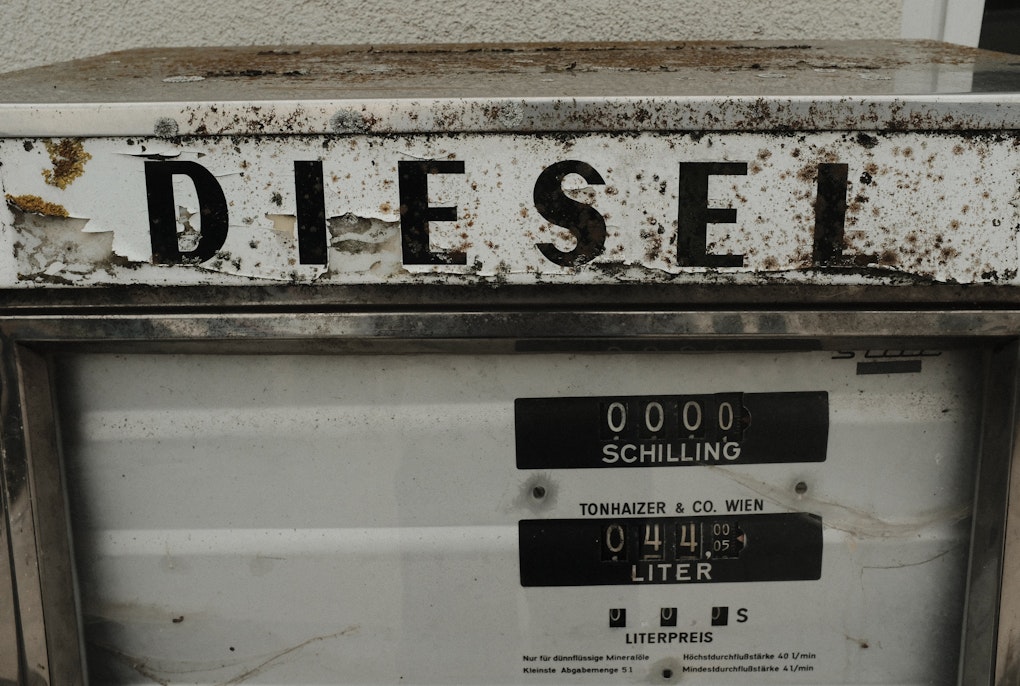
Rule of law: the virtuous examples of South-Eastern Europe
 Matteo Camporese - Lo Spiegone
Matteo Camporese - Lo Spiegone
The 1990s saw the dramatic collapse of Tito’s Yugoslavia, which dissolved into six independent republics: Slovenia, Croatia, Bosnia & Herzegovina (BiH), Macedonia, Serbia, and Montenegro, as well as Kosovo (a state not recognised by Serbia, BiH, and five other EU state members).
Together with Albania, these seven republics comprise the so-called Western Balkans (WB). Currently, only Slovenia and Croatia are part of the EU, while the other states are still on hold, trying to be resilient, but losing patience.
The Difficult Path Towards the EU
Slovenia and Croatia joined the European Union in 2004 and 2013, respectively. Serbia and Montenegro, which until 2006 were united together in a smaller Yugoslavia, are candidate states in negotiation. Both countries still have much work to do, and Serbia’s accession largely (but not exclusively) depends on the normalisation of its relations with Kosovo. Nonetheless, the European Commission seems to be positive: the New Western Balkans Strategy of February 2018 stated that Montenegro and Serbia could join the EU by 2025.
The cases of the other republics – all potential candidates for EU accession – are less positive. After the 1992-95 war, BiH found itself independent and sovereign, but its state, society and economy were destroyed. Despite some efforts, and the 2016’s EU membership application, BiH is failing to implement economic and political reforms, and the Brussel’s Commissioner for Enlargement Negotiations and Neighborhood Policy, Johannes Hahn, recently ‘advised’ BiH ‘to be realistic’.
Like BiH, Macedonia has not started yet its negotiation process. It was granted candidate status in 2004, but the process was halted as a consequence of ‘the name dispute’ with Greece (which vetoed Macedonia’s EU and NATO accession). In December 2016, after the political crisis culminated in the ‘Colorful Revolution’, the nationalist-conservative government left the political scene in favor of the Social Democratsa. In June 2018, the Prime Ministers of Greece and Macedonia signed the Prespa Agreement, solving ‘the name issue’ by changing Macedonia’s official name to the Republic of North Macedonia. With this development, the country hoped to be rewarded with a green light on its accession negotiation in June 2019, but the meeting turned out to be a deep disappointment when the Commission postponed the decision to October 2019. During the same meeting, Albania’s accession negotiation was also delayed, increasing this republic’s frustration and disappointment with the EU’s broken promises.
Lastly, the young Kosovo – once an autonomous province within Serbian borders – is a state whose independence since 2008 has yet to be recognised by five EU member states (Cyprus, Greece, Romania, Slovakia and Spain), as well as by Serbia and BiH. Although it has attempted to meet EU requests and standards, Kosovo’s EU negotiations and integration are closely linked to the normalisation of its relations with Serbia, which is not yet as friendly and diplomatic as Brussels would like.
The Problems
Most of the Western Balkan republics seem, therefore, not ready to join the EU. The reasons are many, nonetheless, all are tracible to the ideological, politico-institutional, economic, and social transitions brought about by the fall of the socialist and communist regimes. In addition, countries like BiH and Kosovo have had to cope and are still coping with wars’ wounds and consequences. Their economies are a major problem: all these countries – to different extents – are plagued by economic malaise and high levels of unemployment which, among other things, fuel corruption and clientelism. Democratic institutions and mechanisms are in place all over the region, yet they remain rather weak and unconsolidated. Widespread ethnonationalism and ethnic politics, state capture, control over media, segregated education, violations of human rights, lack of rule of law, and non-transparent elections are some of the major issues that countries such as BiH, Macedonia, Kosovo, Albania, but also Serbia and Montenegro, have to deal with before joining the EU.
The Carrot-Stick Game Won’t Last Forever
Although one might reasonably wonder if WB countries are really working hard enough towards democratic achievements and EU integration, on the other hand, it is important not to fall into Eurocentric judgements, and keep in mind that evaluations always needs to be contextualised. The current democratic backsliding characterising the Eastern and Central Europe region, the rise of right-wing populism and nationalism, along with economic deficiencies all over the continent, are elements further negatively impacting the region’s journey towards democratic consolidation and EU integration. It is also worth mentioning that, after many years of being stuck in the application process, the citizens of the Western Balkans are starting to lose hope. Skepticism is growing. Many feel the EU has not helped them enough to reach the demands of those rigid and high standards. Many believe they will never join the EU, or at least, not soon. The economic influence of Russia, Turkey, China and the United Arab Emirates is not only becoming more visible, but it also helps to soothe frustrations of the WB and ‘turn their eyes’ from the EU itself.
Sixteen years after the Summit in Thessaloniki (2003), when the European Council recognised that integration of the Western Balkans was a key priority, most of those republics are still on hold. While Brussels keeps assuring that their patience will be rewarded, those disappointed by the EU’s broken promises wonder if the carrot-stick game is really worth the effort.
 |
PhD in Sociology and Methodology of Social Research (University of Milano), Arianna Piacentini is currently a post-doc researcher at the Institute for Comparative Federalism at Eurac Research. Since 2012, she has done research on post-Yugoslav and post-conflict societies, with a particular interest in divided societies and consociational institutions. Arianna has lived in Sarajevo and Skopje for many years, she loves the Balkans and she is passionate of Yugoslav history. |
This content is licensed under a Creative Commons Attribution 4.0 International license.

 Matteo Camporese - Lo Spiegone
Matteo Camporese - Lo Spiegone
 Stefania Scarascia Mugnozza
Stefania Scarascia Mugnozza
 Alessia Setti
Alessia Setti